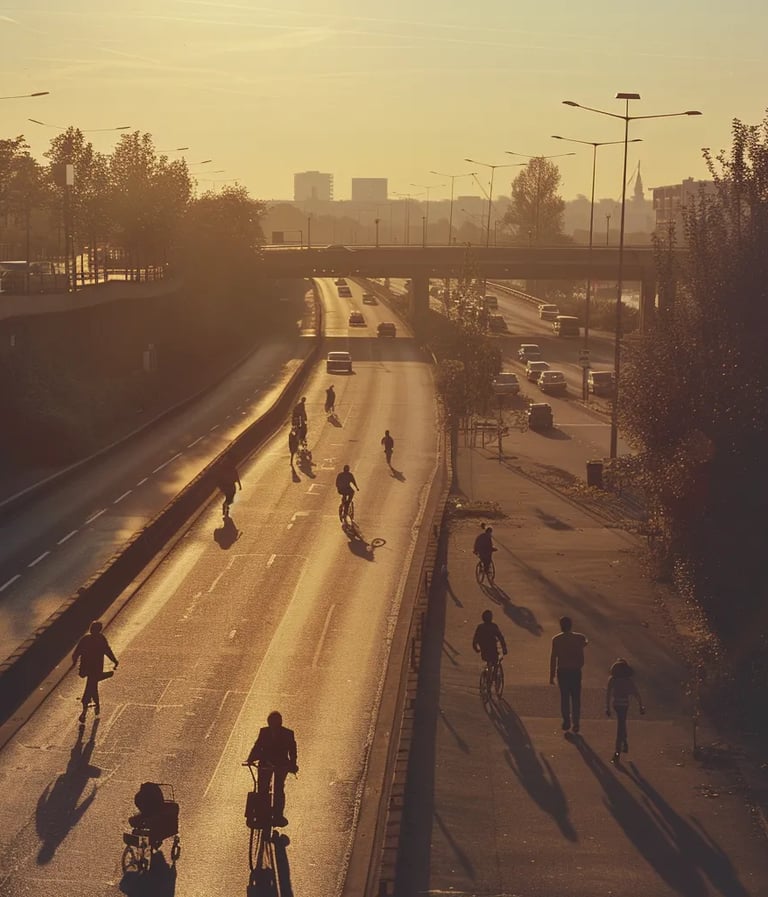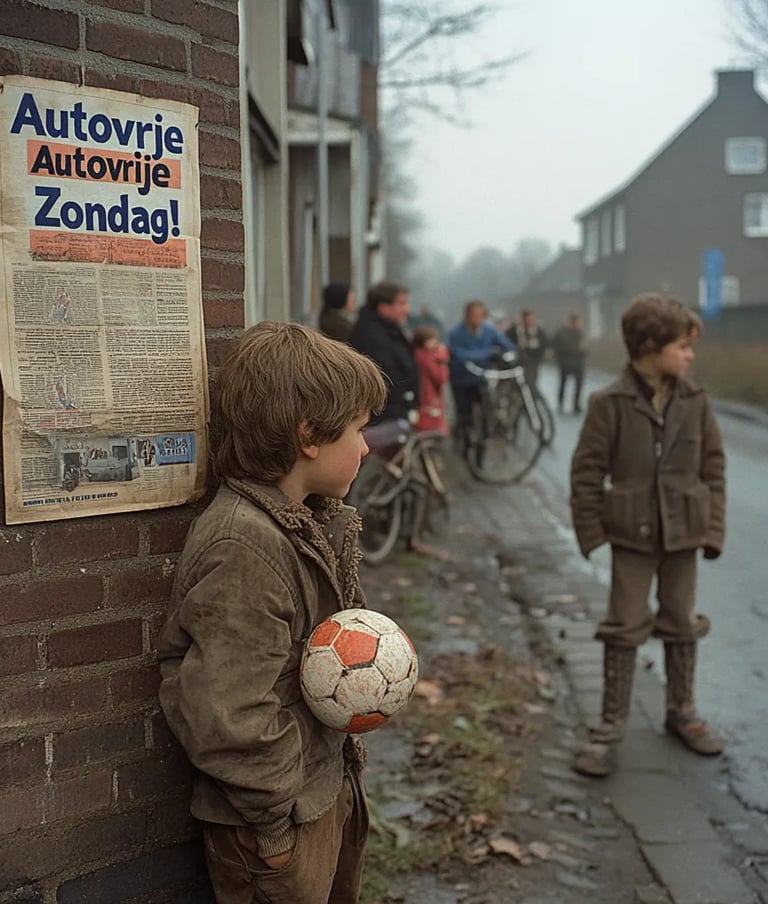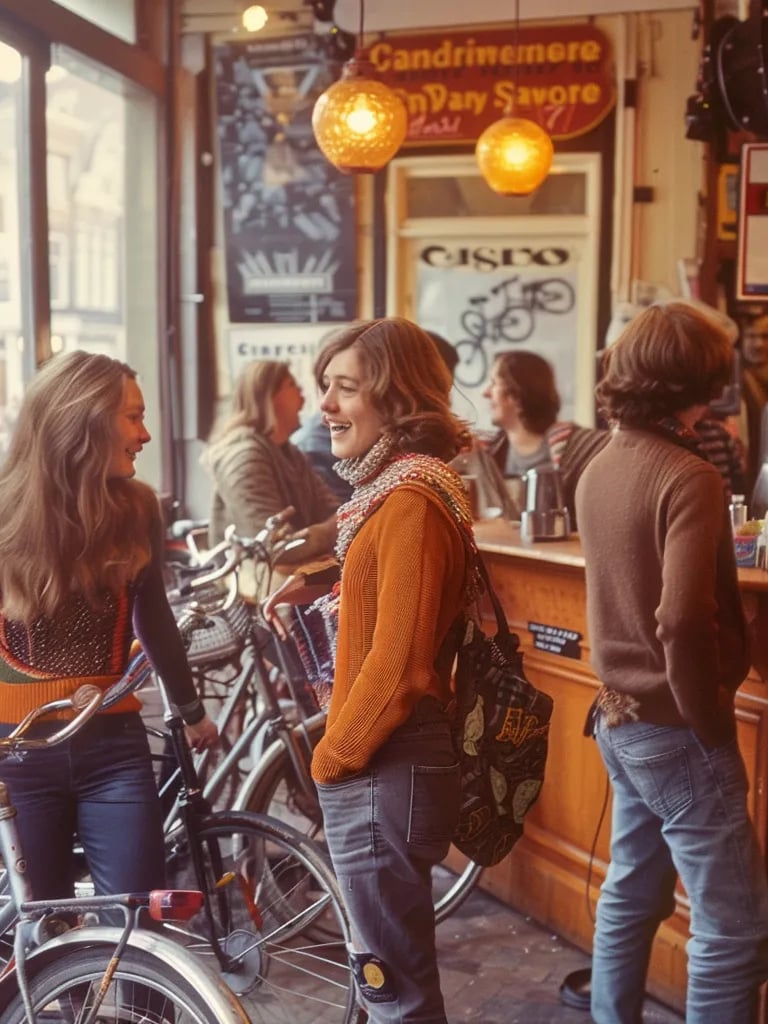Religious intolerance reached a deadly peak in Massachusetts on November 4, 1646, when colonial leaders ruled that denying the Holy Bible as God’s word was a capital offense. This harsh law reflected the rigid Puritan beliefs of the time, where dissenters and free thinkers faced brutal consequences. Though rarely enforced, such laws underscored the dangers of blending religious doctrine with legal authority.
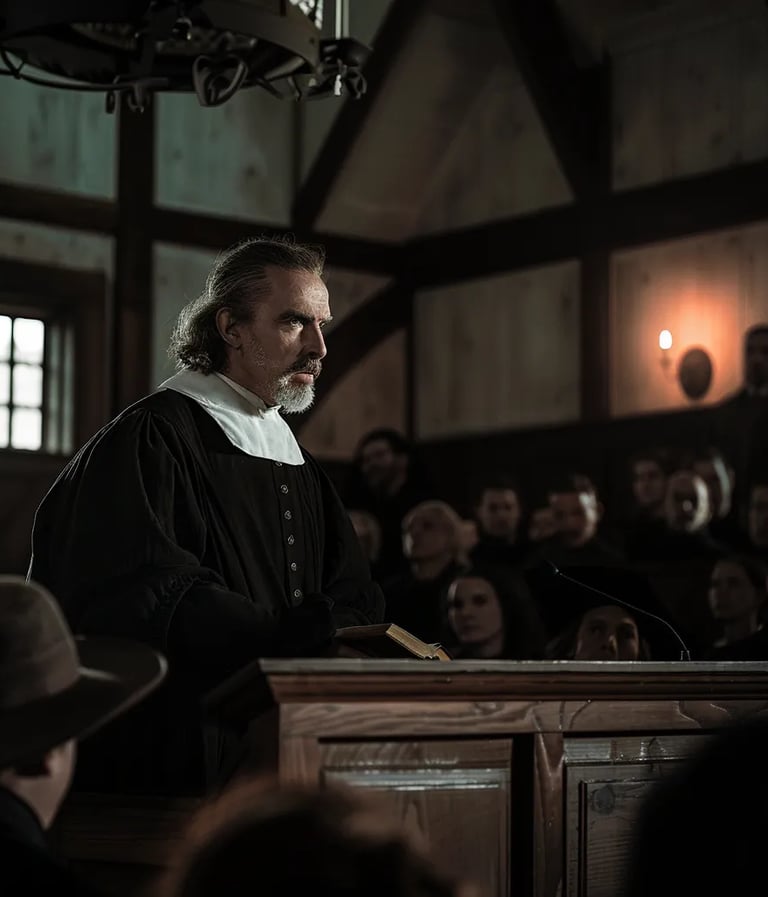

1646 – Massachusetts Declares Denial of the Bible a Crime Punishable by Death


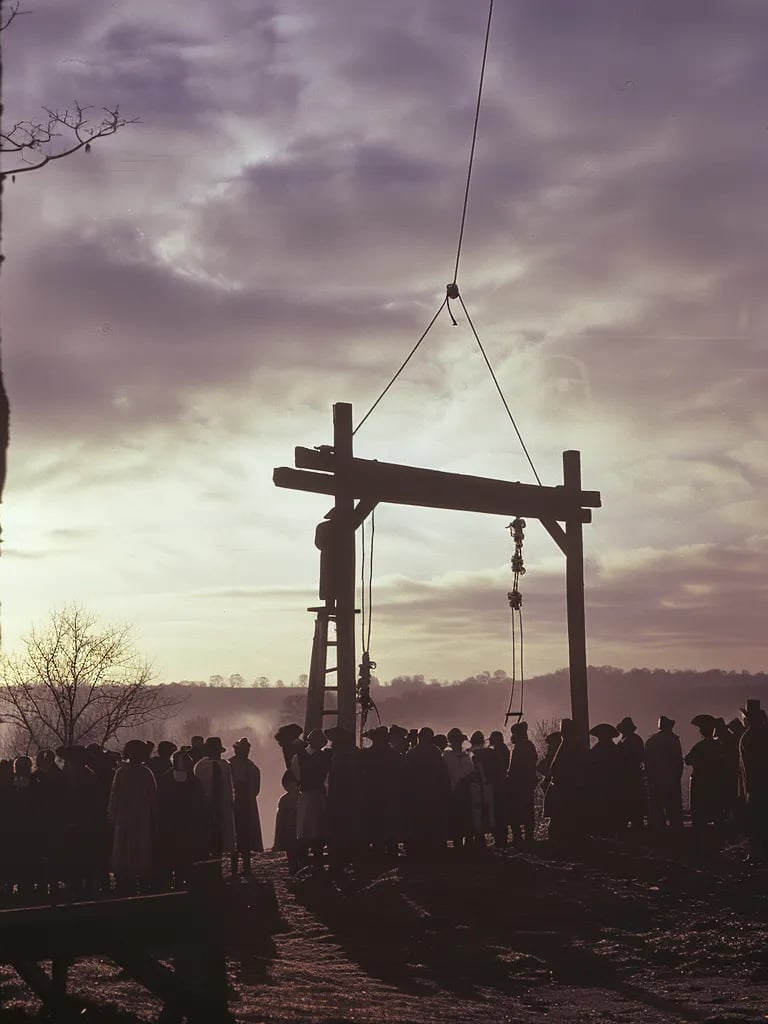

On this day, a powerful storm battered Western Europe, bringing heavy flooding to Amsterdam. The city, known for its elaborate canal system, struggled as water levels surged, causing widespread damage. The storm highlighted the vulnerability of low-lying Dutch cities to the forces of nature, reinforcing the need for stronger flood defenses—something the Netherlands would perfect in centuries to come.


1675 – A Storm Unleashes Chaos in Western Europe, Amsterdam Faces Devastation


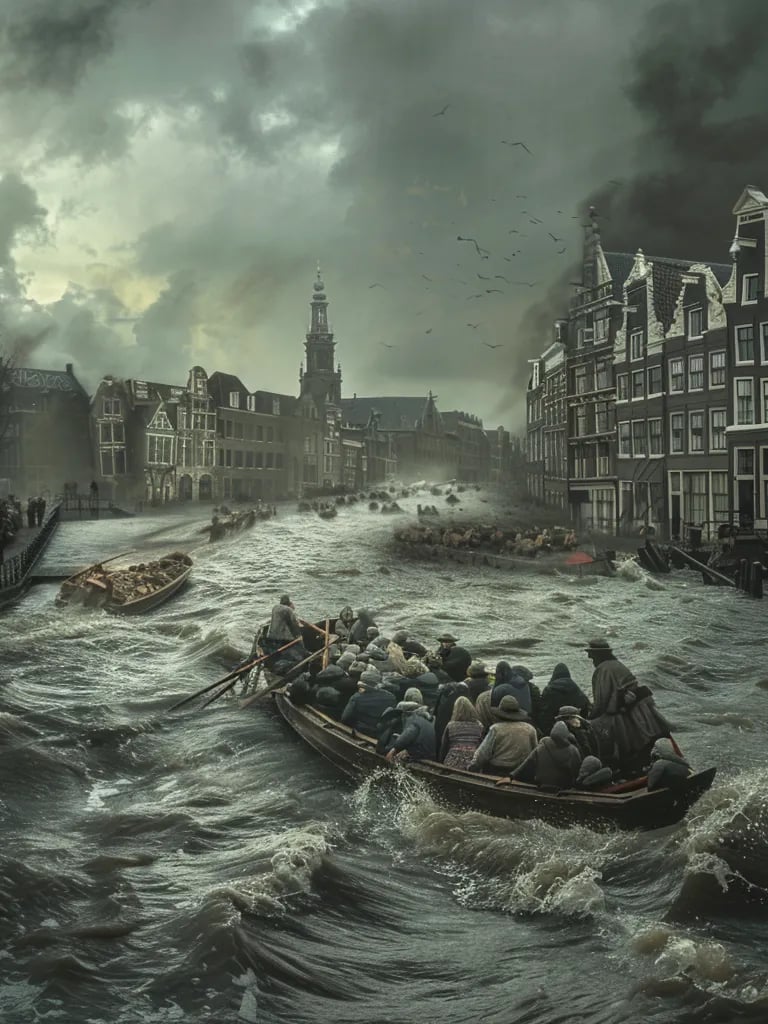

November 4, 1879, marked a breakthrough in food preservation as African American inventor Thomas Elkins secured a patent for his refrigerating apparatus. His innovation helped extend the shelf life of perishable goods, paving the way for modern refrigeration. Though overshadowed by later developments, Elkins’ contributions were vital in shaping how food, medicine, and supplies were stored and transported in the years that followed.
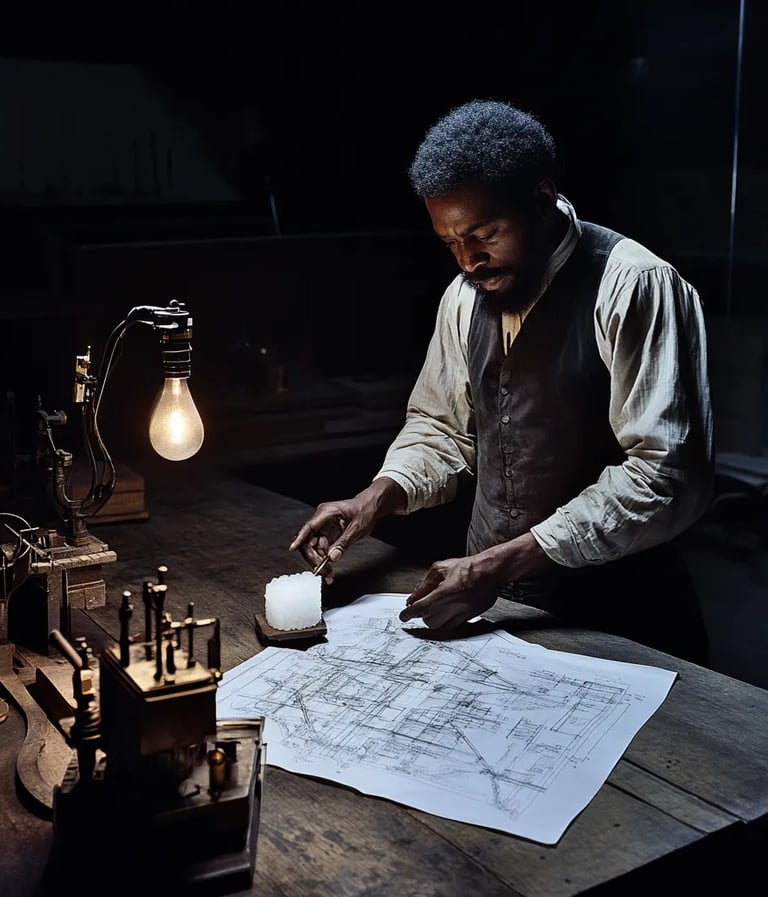

1879 – Thomas Elkins Patents a Refrigerating Apparatus, Changing Food Storage Forever
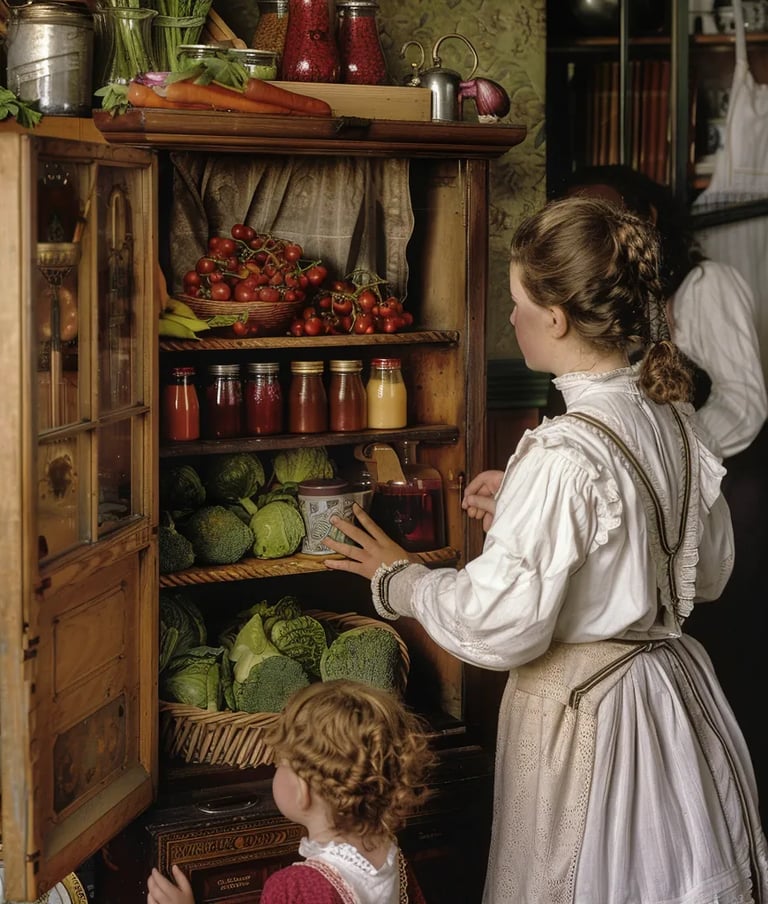

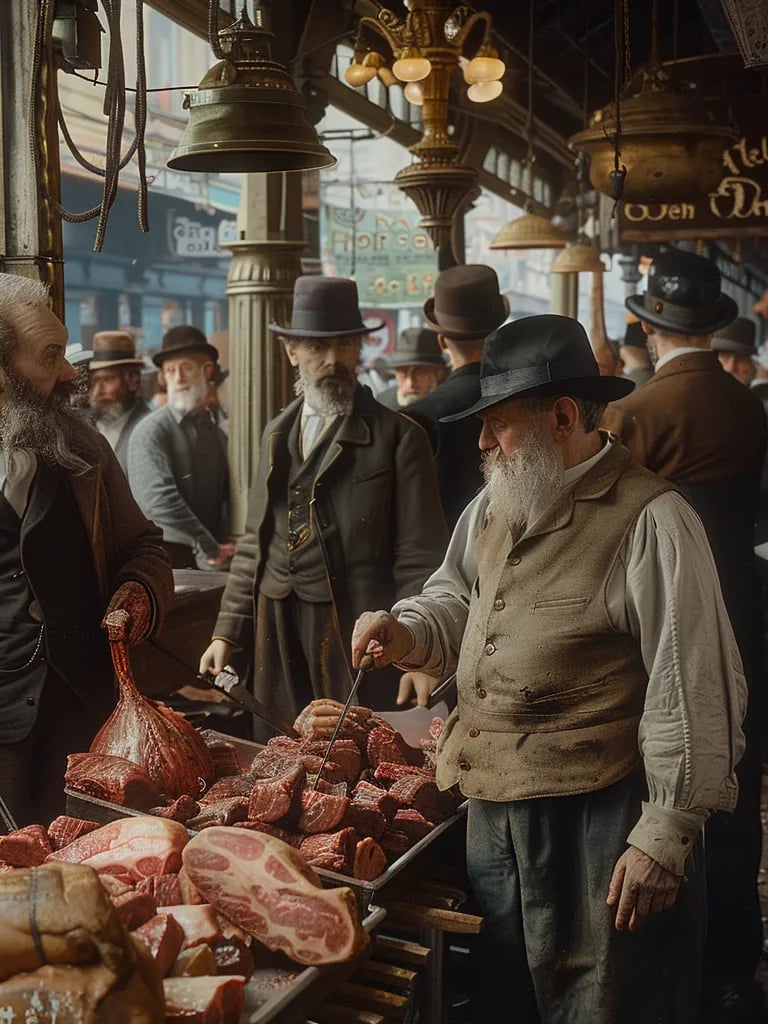

Fed up with dishonest bartenders stealing profits, saloon owner James Ritty patented the first cash register on November 4, 1879. Dubbed the “Incorruptible Cashier,” his invention revolutionized business transactions by ensuring every sale was recorded. What started as a simple machine to prevent theft would evolve into the modern point-of-sale systems used in stores worldwide today.
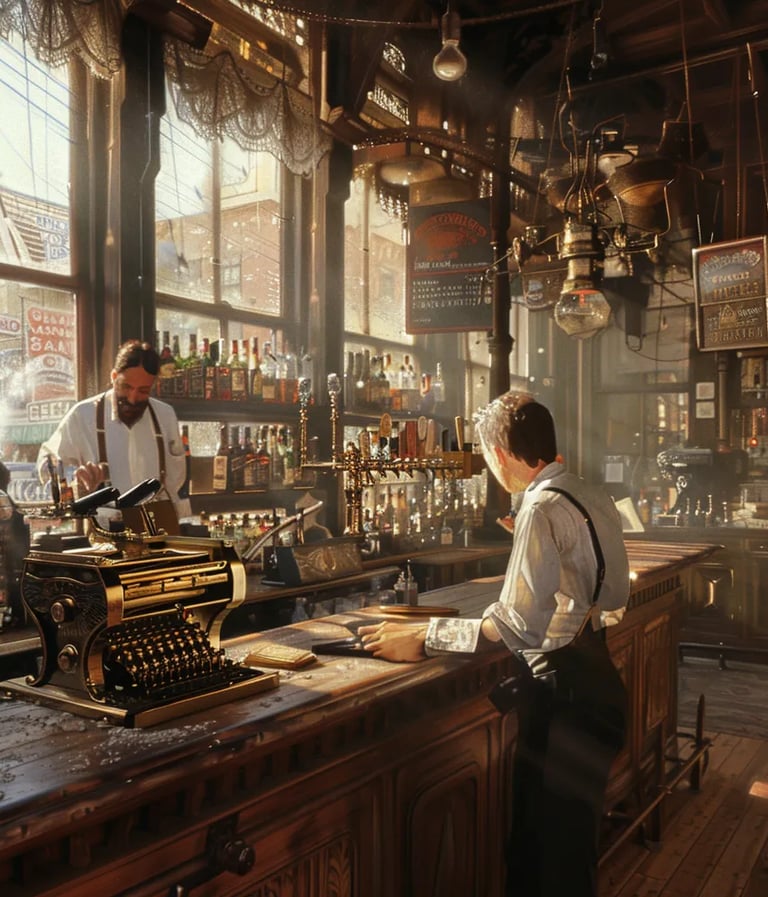

1879 – James Ritty Fights Theft with the First Cash Register Patent


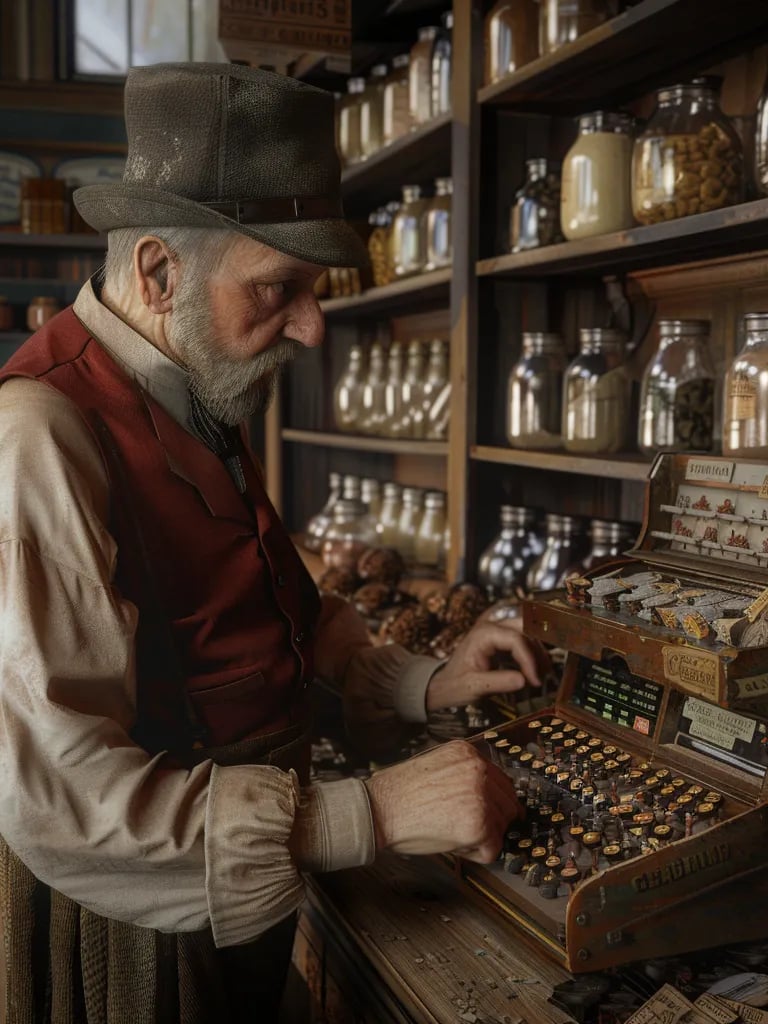

For the first time, highways across the Netherlands stood empty of cars as the nation observed Car-Free Sunday due to the 1973 oil crisis. Instead of traffic, cyclists and roller skaters took over the roads, turning the event into a surreal spectacle. While born out of necessity, the car-free movement later inspired future environmental policies promoting sustainable transport and reducing dependence on fossil fuels.
